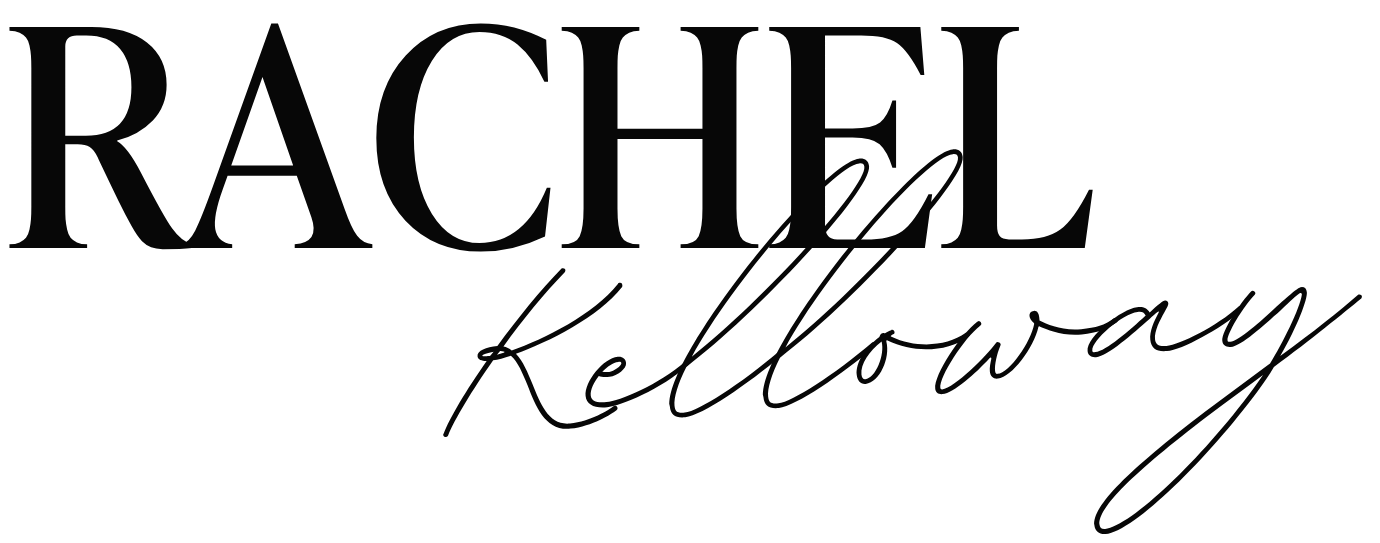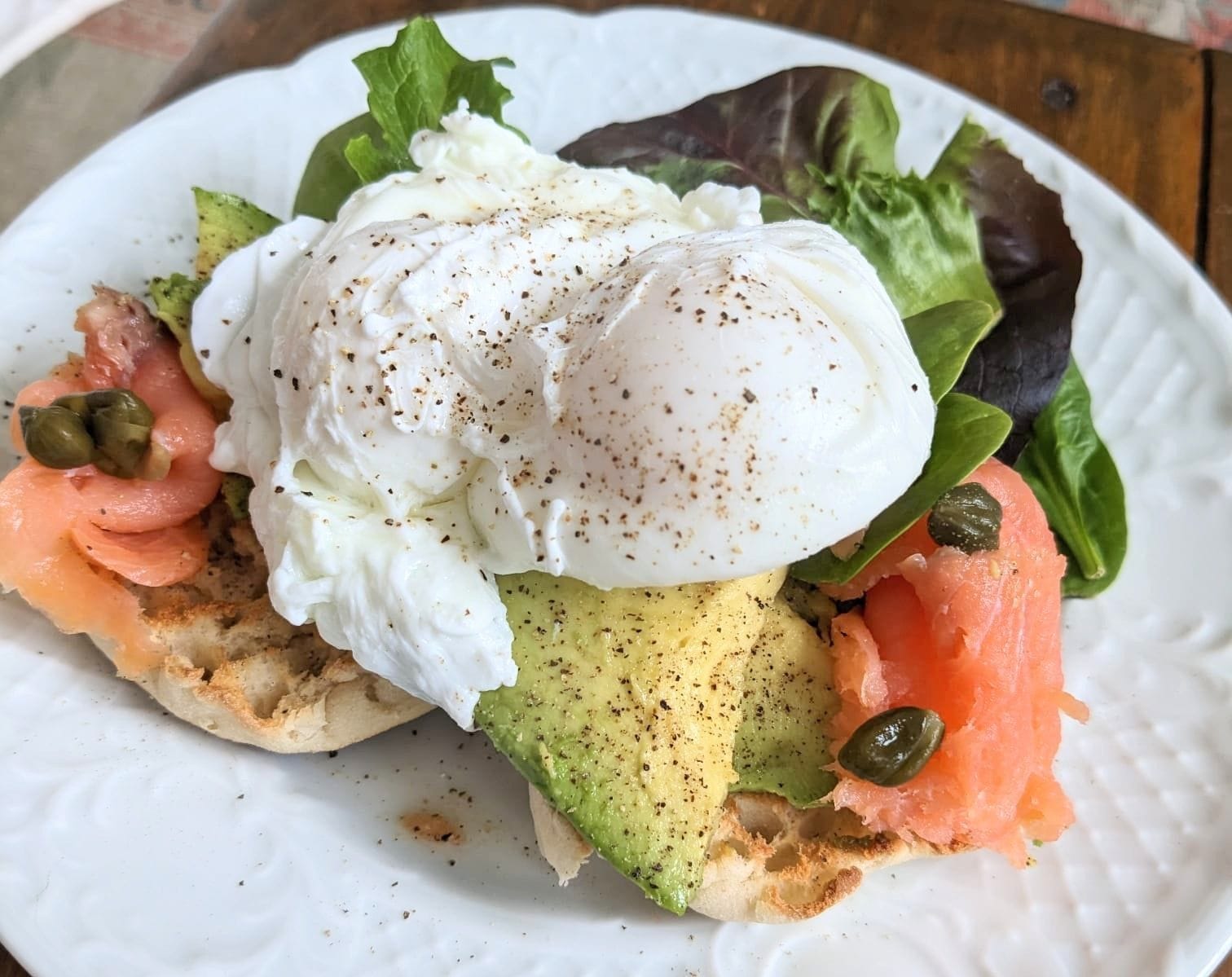If you’ve ever been told to cut back on eggs because of high cholesterol levels, you’re not alone. I’ve personally sat in a doctor’s office and been told to limit my one egg a day at breakfast to protect my heart health—even though I knew, as an integrative nutritionist, that this advice was 50 years out of date.
Why Your Doctor’s Advice on Eggs and Cholesterol Is Outdated
Doctors receive only about two hours of nutrition training each year in medical school, so it’s no surprise that many still repeat outdated dietary guidelines that have long been debunked.
Dietary Cholesterol Consumption Does Not Equal Blood Cholesterol
For decades, dietary cholesterol was blamed for high cholesterol levels, but we now know that this was completely false. The real science shows that dietary cholesterol—the cholesterol you eat from food—has little to no impact on your blood cholesterol levels.
Here’s why:
- Your liver regulates cholesterol production. When you eat more cholesterol from food, your liver automatically produces less to maintain balance.
- A Harvard study published in JAMA (2020) analyzing 215,000 participants found no significant link between egg consumption and heart disease risk.
- A meta-analysis of 17 studies in the American Journal of Clinical Nutrition confirmed that egg consumption does not raise LDL cholesterol levels or increase cardiovascular disease risk.
So, if your doctor still tells you to cut eggs to lower cholesterol, they are 50 years behind the science.
So, what actually raises cholesterol?
If consuming cholesterol in the diet doesn’t raise cholesterol, then what does? Here’s what actually causes high cholesterol and increases heart disease risk:
The liver is in charge of cholesterol production. Our bodies create cholesterol. It’s essential for our bodies to function, but not all cholesterol is good.
Some foods trigger our liver to produce more LDL (“bad cholesterol”). And this triggering is where we can really impact our cholesterol production.
Anything that spikes insulin causes the liver to produce more bad cholesteol. So sugar & refined carbohydrates, processed foods, white bread, cereal, and sugary snacks all adversely affect the livers ability to function efficiently for us.
Chronic inflammation also forces the liver to overproduce cholesterol to repair damaged cells.
Chronic stress & poor sleep, hormonal imbalances and cortisol spikes affect cholesterol metabolism.
Vegetable oils & trans fats in industrial oils like soybean, canola, and sunflower oil cause oxidative stress and arterial plaque buildup.
The Science of Cholesterol Regulation: Why Eggs Are Good for Your Heart
1. Your Body Needs Cholesterol to Function
Every single cell in your body requires cholesterol. It plays a role in:
- Brain health – Cholesterol is essential for memory, focus, and cognitive function.
- Hormone production – Your body uses cholesterol to produce testosterone, estrogen, and cortisol.
- Digestion – Cholesterol helps your body produce bile acids, which break down fats.
2. Eggs Are a Heart-Healthy Superfood
Eggs can be part of a heart-healthy diet—they provide high-quality protein, essential fatty acids, and key nutrients like choline that support liver function and brain health.
- Eggs and heart disease? Research has shown that eggs are a nutritious addition to a balanced diet, even for individuals at risk for cardiovascular disease.
- Egg yolks contain powerful antioxidants like lutein and zeaxanthin, which protect against oxidative stress and inflammation.
- Eggs are rich in vitamin D, which is linked to healthy cholesterol levels and reduced inflammation.
3. The Real Enemy: Inflammation, Not Cholesterol
Inflammation is the true cause of heart disease and high cholesterol. Processed foods high in saturated fats, sugar, and refined grains force the liver to overproduce cholesterol in response to cellular damage.
- Massachusetts General Hospital researchers found that a diet low in sugar and refined grains had a more positive impact on cholesterol levels than simply reducing cholesterol consumption.
- Eggs may actually improve cholesterol ratios by increasing HDL (“good cholesterol”), which helps clear LDL (“bad cholesterol”) from the bloodstream.
The Hack: Eat the Whole Egg for Maximum Benefits
Doctors used to recommend egg whites only, but this advice is completely outdated. The egg yolk is the most nutrient-dense part of the egg and contains:
- Choline – A brain-boosting nutrient that improves memory and focus.
- Vitamin D, B vitamins, and antioxidants – Support heart health and reduce inflammation.
- Healthy fats – Help absorb fat-soluble vitamins and support metabolic health.
Cutting out egg yolks and replacing them with low-fat, high-carb breakfasts (like cereal or toast) actually increases the risk of cardiovascular disease due to blood sugar spikes and inflammation.
Bottom Line: Eggs Are NOT the Enemy
Eggs don’t raise cholesterol. Inflammation, sugar, and processed foods do. Eggs are one of the most nutrient-dense, affordable, and accessible superfoods. Whether eggs are good or bad? Science says eggs are one of the healthiest foods you can eat.







